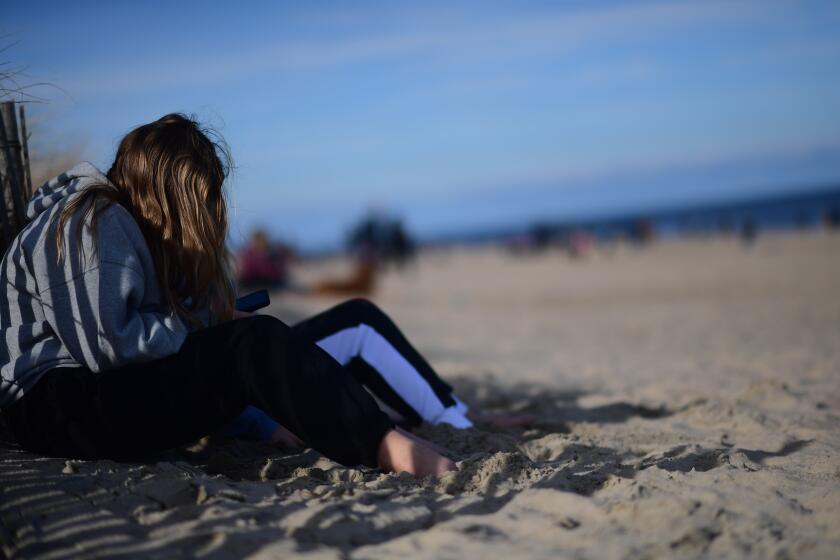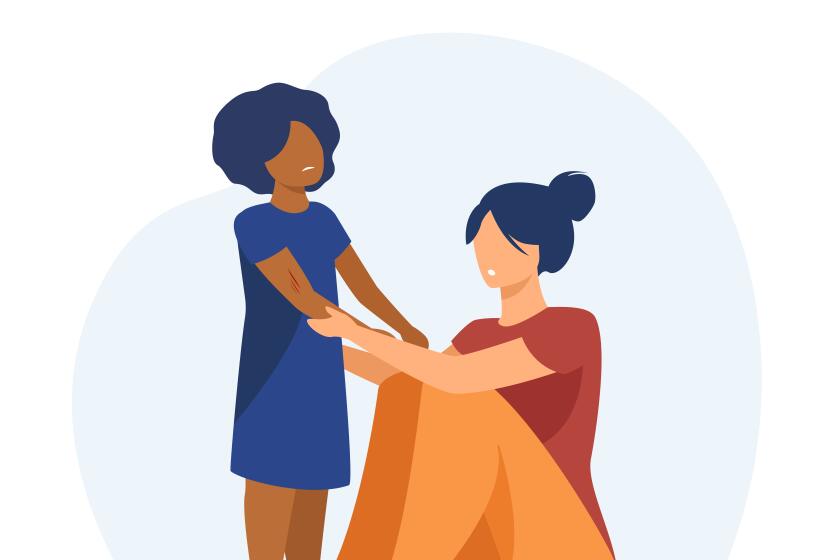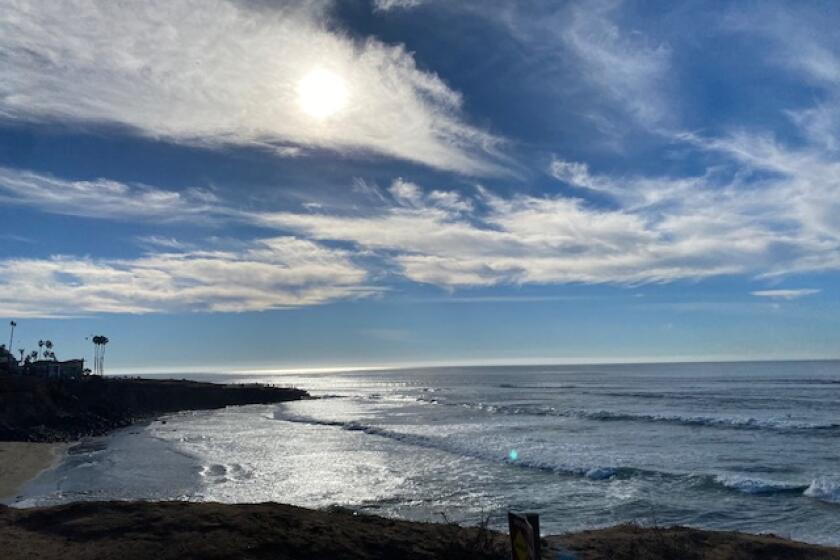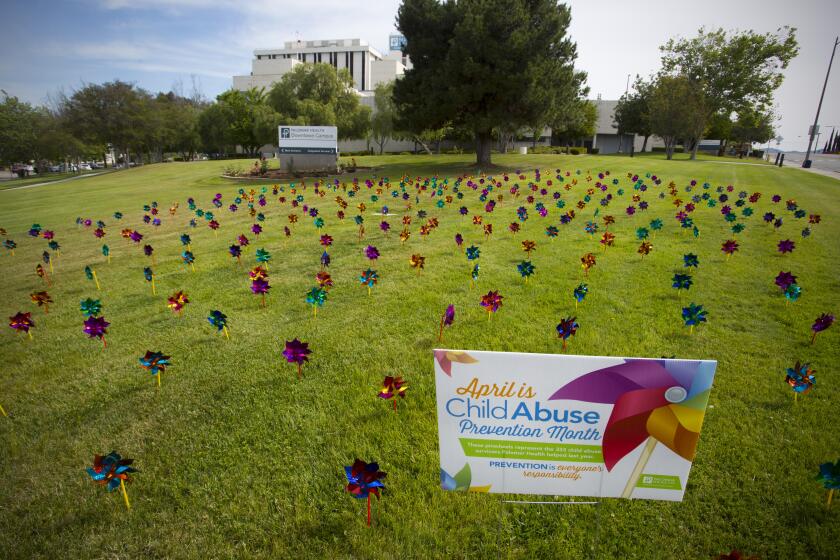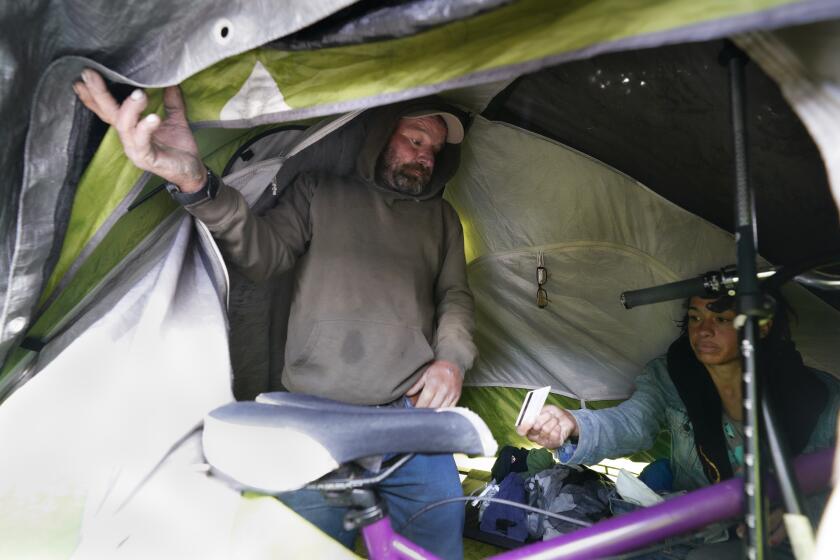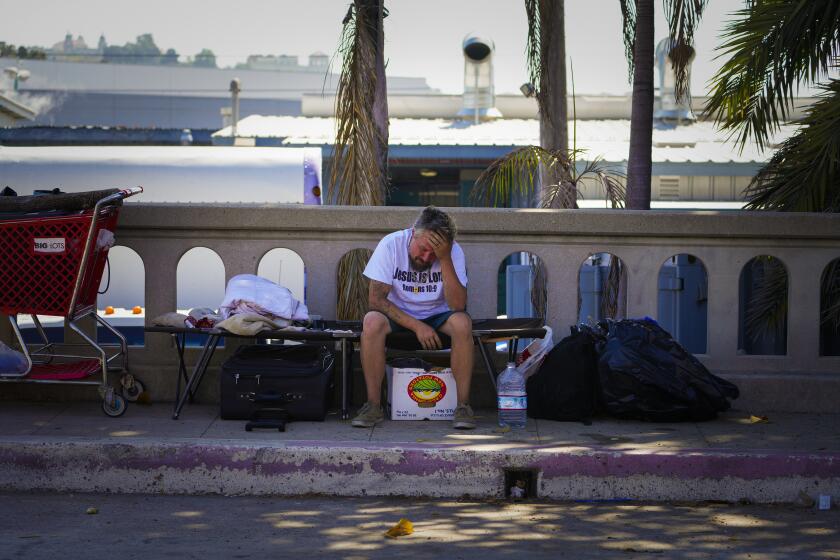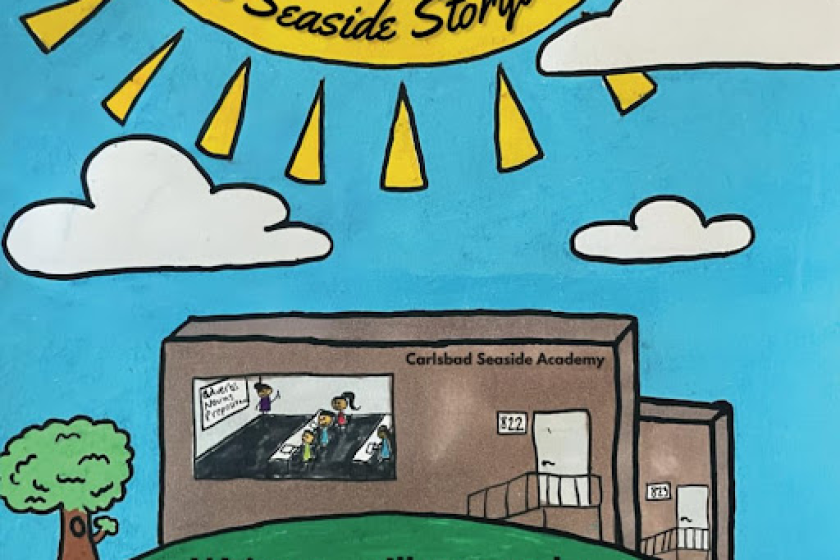Opinion: Growing up in the foster care system, my pain, my scars and my needs became invisible
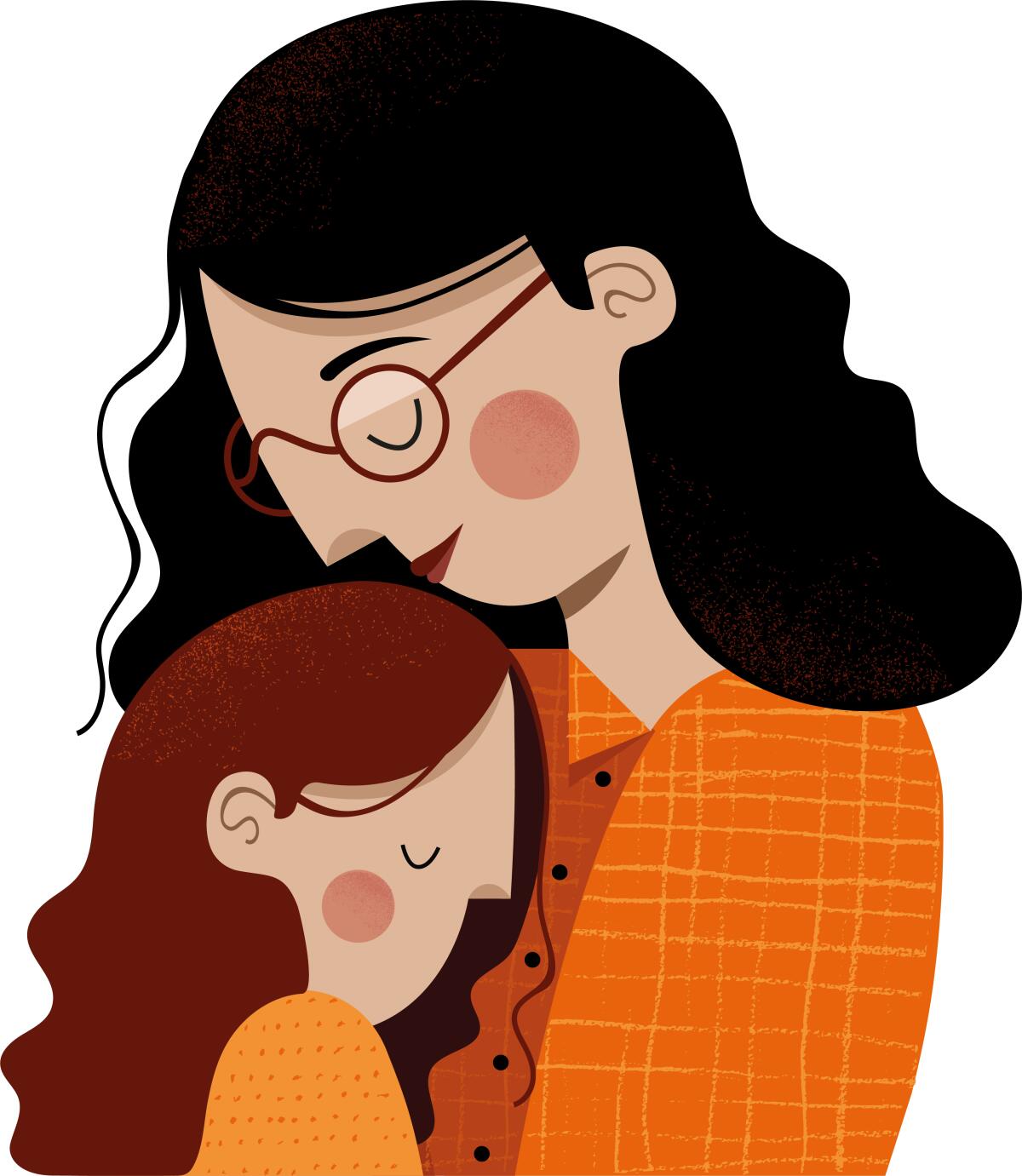
)
There’s such a powerful interconnected relationship between two of my life challenges that I question which emerged first in my life: the foster care system or mental health challenges.
Davis is a consultant and program developer for Just in Time for Foster Youth and lives in San Diego.
There’s such a powerful interconnected relationship between two of my life challenges that I question which emerged first in my life: the foster care system or mental health challenges. These two things haven’t played out separately for me. Instead, they are interwoven and further compounded by the everyday reality and stressors of life.
To spread healing within our communities, I believe it’s important for people to go beyond what they think they know about foster care and mental health, and be open to truly connecting with the experiences of those who have been directly impacted by both.
We provide this platform for community commentary free of charge. Thank you to all the Union-Tribune subscribers whose support makes our journalism possible. If you are not a subscriber, please consider becoming one today.
My childhood was painful and traumatic. My mother struggled with mental health issues and drug addiction, and she didn’t seem to value herself much, let alone me. I was placed in foster care at the age of 3 and, although I was removed from a neglectful and harmful environment, I was placed into a system that also seemed neglectful and harmful to an innocent, scared child who needed comfort and love.
My life became characterized by moving from home to home with little control over what I would eat, where I would sleep or who I would call family. My pain, my scars, my needs became invisible, and to survive, I retreated into myself, becoming small and unnoticeable. I moved over 16 times, was never in a home longer than a year, and attended over 12 schools. My schools had little awareness of my circumstances and my only awareness was that I was unwanted, unloved and unworthy.
Like many young people who grew up in foster care, I found myself homeless when I turned 18, with little support, resources or awareness of what life in the “real world” would be like for me. I was ashamed of who I was, ashamed of my experiences and ashamed of anyone knowing I had grown up in foster care.
At that time, I would’ve summed up the totality of my experiences and memories as simply one event, an unfortunate childhood. Despite my immense desire to be well, I struggled tremendously trying to navigate mental health and social service programs to receive support, becoming further traumatized as the lack of progress made me feel even more isolated and beyond help. I was deeply insecure, battling an eating disorder, imposter syndrome, anxiety, chronic and debilitating insomnia, and struggled with addictive, high-risk behaviors.
And yet, I was so much more than that.
I was a loving sister who balanced the responsibility of caring for my two younger siblings with work, school and motherhood. I was a great and loyal friend, a creative and fun person, and a visionary. I was unaware of the totality or significance that multiple and continual traumatic childhood events had on my development, my feelings of agency, daily choices, current circumstances and the overall trajectory of my life.
Read more essays about youth:
I’ve worked as a child psychiatrist at Rady Children’s Hospital-San Diego for the past decade. During that time, we’ve seen emergency visits for behavioral health needs increase by a factor of 17.
Opinion: Why San Diego’s foster youth face an uphill battle to successfully complete their education
Foster youth can have access to resources to grants that pay for the majority but not all of their community college or a four-year education.
When I first came to Just in Time for Foster Youth (JIT), carrying my invisible luggage filled with the unhealed trauma of my past, I was deeply moved by how the JIT community embraced and saw me — not as marginalized, disadvantaged or needing to be fixed, but as creative, resourceful and whole.
It’s also where I learned about a book titled, “The Deepest Well,” by Dr. Nadine Burke Harris, a pediatrician and the first surgeon general of California, who explored how early childhood experiences impact the developing brain and body of a child, and the effects those experiences have in adulthood. Learning about adverse childhood experiences had a profound impact on me because it helped me to remove the shame I was experiencing and to begin my personal journey of healing, a journey that has led me to where I am today, helping others embark on that same healing journey.
Now, bringing awareness to the inner capabilities people have to heal themselves by becoming more aware of themselves is my life’s calling and daily passion. I share this so that it might remain in your consciousness as well as a reminder that mental health care must transform, and innovate its service delivery to address the holistic needs of individuals and communities.
We can really impact the lives of those who struggle if we focus on a community approach to health, wellness and healing, one developed by those with the lived experience and deep understanding of the internal and societal barriers people face to become well.
That will begin to heal our communities, and even the world.
That’s as real as it gets.
Get Weekend Opinion on Sundays and Reader Opinion on Mondays
Editorials, commentary and more delivered Sunday morning, and Reader Reaction on Mondays.
You may occasionally receive promotional content from the San Diego Union-Tribune.

